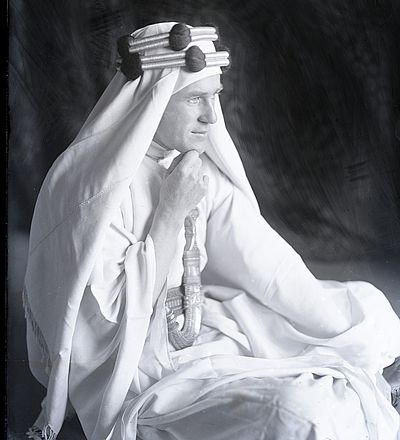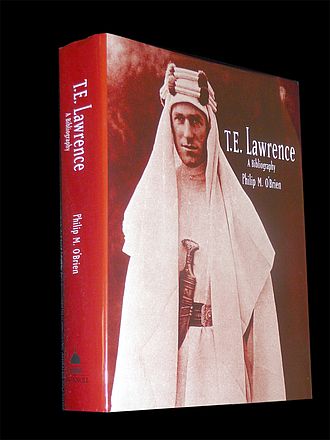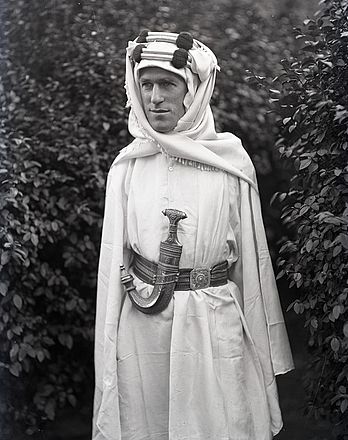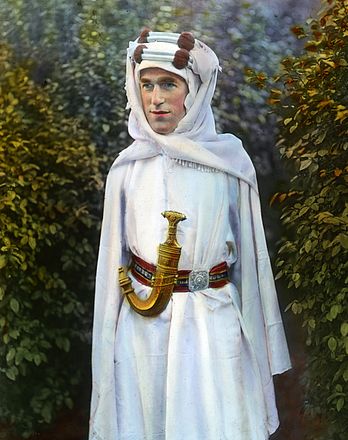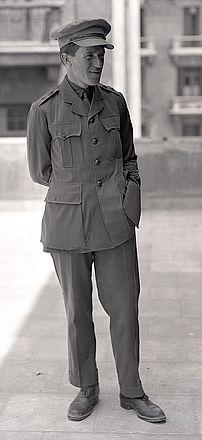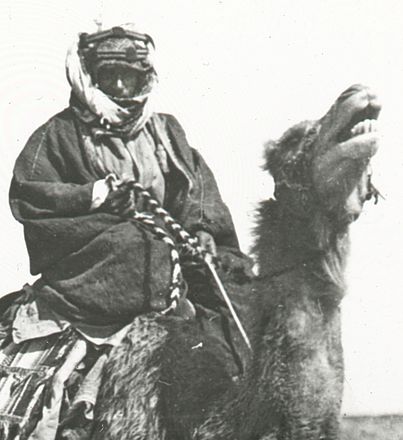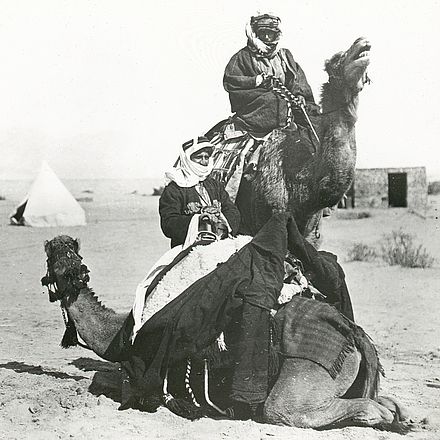Introduction
The First World War, with its horribly bloody trench warfare, produced few heroes. But after the war, the British were told that a short, blue-eyed, Irish-English officer named T.E. Lawrence had donned Arab robes and led an audacious and dashing Arab revolt against Britain’s enemies in the Middle East. They were told this tale most compellingly by a young American journalist, Lowell Thomas, whose multimedia show — part of which was titled “Lawrence in Arabia” — played in front of three million people from 1919 to 1924 in New York, London and across much of the English speaking world, and more than 4 million people in all. Lawrence had been a low-ranking officer, removed from the central battles of the war. Yet the British and much of the English-speaking world had their hero.
And the fascination with T.E. Lawrence has remained remarkably strong. “Along with Winston Churchill, he remains perhaps the best-known Englishman in the world,” the historian Phillip Knightley wrote of Lawrence, a bit overenthusiastically, in 2002. Over twenty new books on Lawrence were published from 2000 to 2010.
One of the explanations for the interest in Lawrence is the controversy that has surrounded him. For the playwright George Bernard Shaw, writing in 1927, Lawrence was among those uncommon “persons who have reached the human limit of literary genius and…who have packed into the forepart of their lives an adventure of epic bulk and intensity.” Yet the Oxford historian Hugh Trevor Roper, writing 50 years later, dismisses Lawrence rather harshly as “one of the least attractive” of the twentieth century’s “charlatans, frauds, and fantasists.”
There are lessons on journalism in the origins of the myth of “Lawrence of Arabia,” as well as lessons on history in the relationship of that myth to actual events viewed through varied perspectives. Those events, those perspectives and this myth played a role in shaping the boundaries of the Middle East today. And they may have ruined the life of the man who lived through the events, was the subject of those perspectives and existed somewhere behind that myth. T.E. Lawrence was perhaps too complicated, too intelligent, too literary, too guilt-ridden, too troubled to wear the mantle of hero with anything but great discomfort. At times he helped further his fame. But the historian in him remained critical of it and the ascetic in him was likely disgusted by it. In the end, being treated as a hero may have destroyed Lawrence.
Audio
Clip 5
Lowell Thomas: Lawrence was man of action and a scholar.


